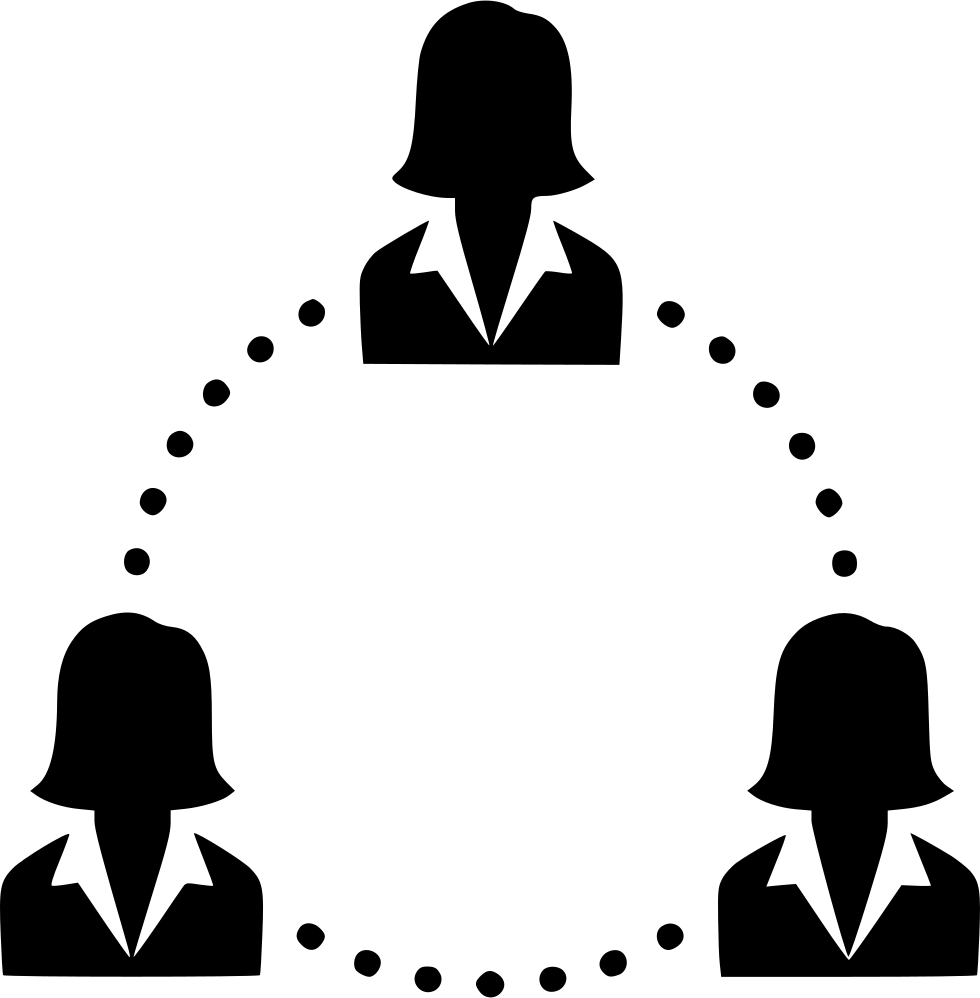Goal: To create a forum for professional women in agriculture and environment to actively engage with stakeholders in national growth and development.
Vision: The organization of choice in promoting sustainable development in agriculture and environment.
Mission: To promote professionalism and leadership for women in the fields of agriculture and environment through capacity building, creating linkages and networks.
Empowering Women in Leadership for Sustainable Agriculture
Develop leadership and management skills for women in sustainable agriculture and environmental conservation.
Building Networks for Gender-Responsive Socio-Economic Policies.
Create linkages and networks that promote socio-economic empowerment of women through formulation of gender responsive policies.
Supporting Education and Mentorship for Girls in STEM
Mobilize support for education of vulnerable children and mentor school girls to take up science subjects as a foundation for a wider career choice.
Promoting Climate-Resilient Livelihoods in Agriculture and Environment
Promote adoption of sustainable livelihoods towards mitigation and adaptation of climate change by actors in agriculture and environment.
Goals & Objectives
Read more...
Empowering Women in Leadership for Sustainable Agriculture
Issue: Limited opportunities for development of leadership and management skills among women in the agriculture and environment fields.
Interventions:
- Carry out regional trainings on leadership and management
- Facilitate Training on group dynamics
- Raise Awareness on the Agriculture-Environment Nexus
- Implement Training of Trainers (ToT) Programs

Building Networks for Gender-Responsive Socio-Economic Policies.
Issue: Limited knowledge of gender-responsive policies and inadequate information about relevant stakeholders hinder effective engagement and implementation.
Interventions:
- Collate, analyze, and document existing policies.
- Identify gender gaps in existing policies.
- Identify areas of collaboration and partnerships.

Supporting Education and Mentorship for Girls in STEM.
Issue:The high number of vulnerable children, coupled with inadequate resources to support their education, contributes to the low enrollment of girls in science subjects at both secondary and tertiary levels.
Interventions:
- Create a database for applicants
- Initiate resource mobilization activities
- Mentoring girls in secondary and tertiary institutions

Promoting Climate-Resilient Livelihoods in Agriculture and Environment.
Issue: Limited knowledge and skills on climate change issues
Interventions:
- Conduct training of trainers.
- Identify and train actors in agriculture and environment
- Identify sites and carry out demonstrations on sustainable livelihood
- Recruitment of climate change champions
- Establishment of reward scheme for best performers
